News
How Cambria’s Duel Arena Is Reshaping Play-to-Earn Tournaments
ChainPlay
•
one month ago
Share :
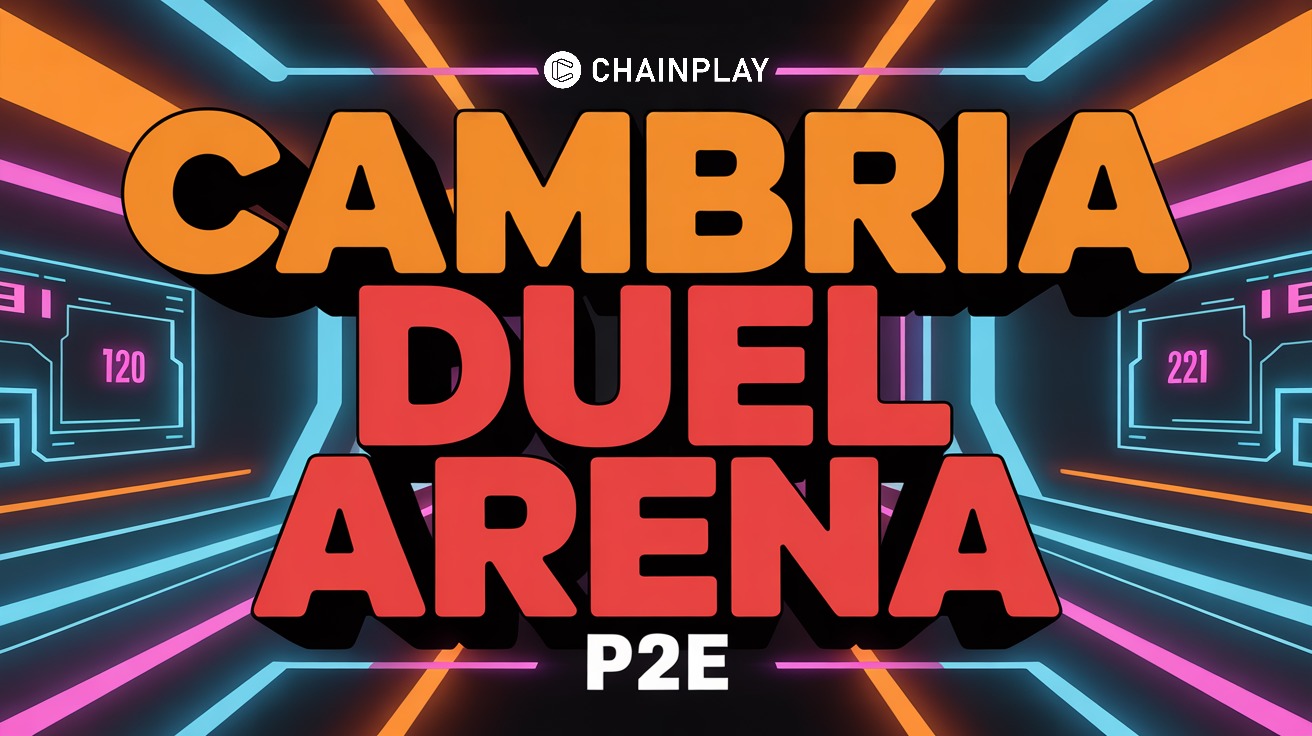
Play-to-earn games have taken on a new life over the past few years. What started as simple systems that offered small rewards now looks much closer to organised competitions, with real stakes on the line for those who commit. Cambria’s Duel Arena has been gaining attention for how it handles this change. The matches demand more than just quick reflexes, because players have to think ahead and adapt. For long-time gamers, it feels like a natural extension of what they already know, while newcomers are drawn in by the structured but still unpredictable playstyle.
Fair Play at the Forefront
Many platforms in this space stumble when it comes to fairness, but Cambria’s Duel Arena has built its reputation on making competition feel even. Everyone enters with the same tools, the same opportunities, and that keeps victories tied to what happens inside the match rather than outside influences. It’s the kind of design that encourages people to stick with the game, because they know the result comes down to their own decisions. That trust matters. Communities don’t grow around suspicion; they grow around players who feel like they’re competing on level ground.
Interestingly, the mindset players adopt inside the Duel Arena isn’t far from the split-decisions found in finance. A Crypto Futures trading platform, where users try to predict whether the price of an asset will rise or fall, is a good example of this trend. From here, they can decide how long to hold their position before the market turns against them. In these situations, hesitation can be costly while every move carries risk. Cambria’s tournaments tend to share this same pressure. Each match forces players to weigh their options quickly, anticipate outcomes, and then act at the right moment. For both crypto futures trading and Cambria tournaments, success depends less on luck. Instead, timing and judgement can either make or break you.
Building a Social Dimension
What gives the Duel Arena staying power is the way it blends competition with social interaction. Matches can be intense, but the surrounding features allow players to connect, talk strategy, and even watch each other play. Over time, those interactions become just as important as the tournaments themselves. Many people log in not only for the matches but because they enjoy the community that has formed around them. That sense of belonging helps hold the whole system together, making the Duel Arena feel less like a single game and more like a gathering place.
Accessibility Paired with Depth
Designing something that feels welcoming but still holds real complexity is tougher than it looks. Cambria’s Duel Arena comes close to pulling it off. New players can usually figure out the basics after a couple of rounds without needing a manual or endless trial and error. At the same time, people who stick around longer realise there are layers of tactics waiting to be uncovered. Matches rarely feel like repeats of each other, because opponents bring their own styles. That mix means casual players don’t get lost, and veterans don’t get bored.
A Focus on Strategy
Luck plays a role in almost every game, but here it’s clear that preparation makes the bigger difference. The players who slow down, study how the system works, and read their opponents are usually the ones who climb higher in the rankings. A win feels earned, not handed over. That in itself gives the whole setup a kind of credibility. It’s also why the broader community respects victories; they can see the work behind them. Watching a match where someone outthinks an opponent tends to stick with you more than a lucky break.
Keeping Players Invested
A lot of projects in this space burn bright for a short time and then empty out when people lose interest. Cambria has tried to avoid that trap by keeping the Duel Arena updated with new events, seasonal tweaks, and progression systems that nudge players back into the fold. Some return to push higher on the ladder, others just to test a fresh mechanic or enjoy the social side. Whatever the reason, that variety helps. It slows down the boredom factor, which is usually what kills platforms like this faster than anything else.
Setting New Standards
At this point, the Duel Arena has started to feel like a measuring stick for similar projects. Its mix of fairness, accessibility, and competitive bite is something other developers will probably look to imitate. The difference is that Cambria has already built a community around it, so it isn’t just a theory anymore. People join not only for rewards but also for the challenge and the chance to belong to something ongoing.
Share this article
#Other
Latest News
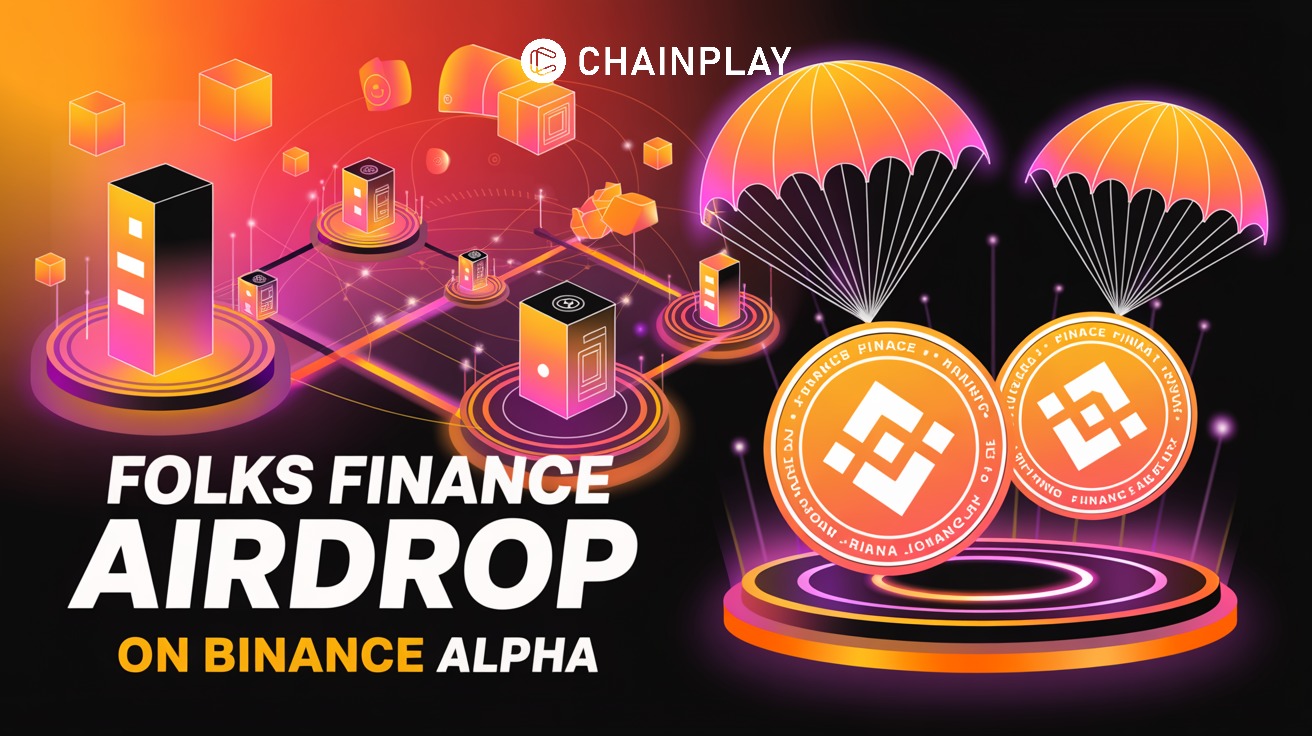
Binance Alpha Airdrop and Futures Launch for Folks
19 minutes ago
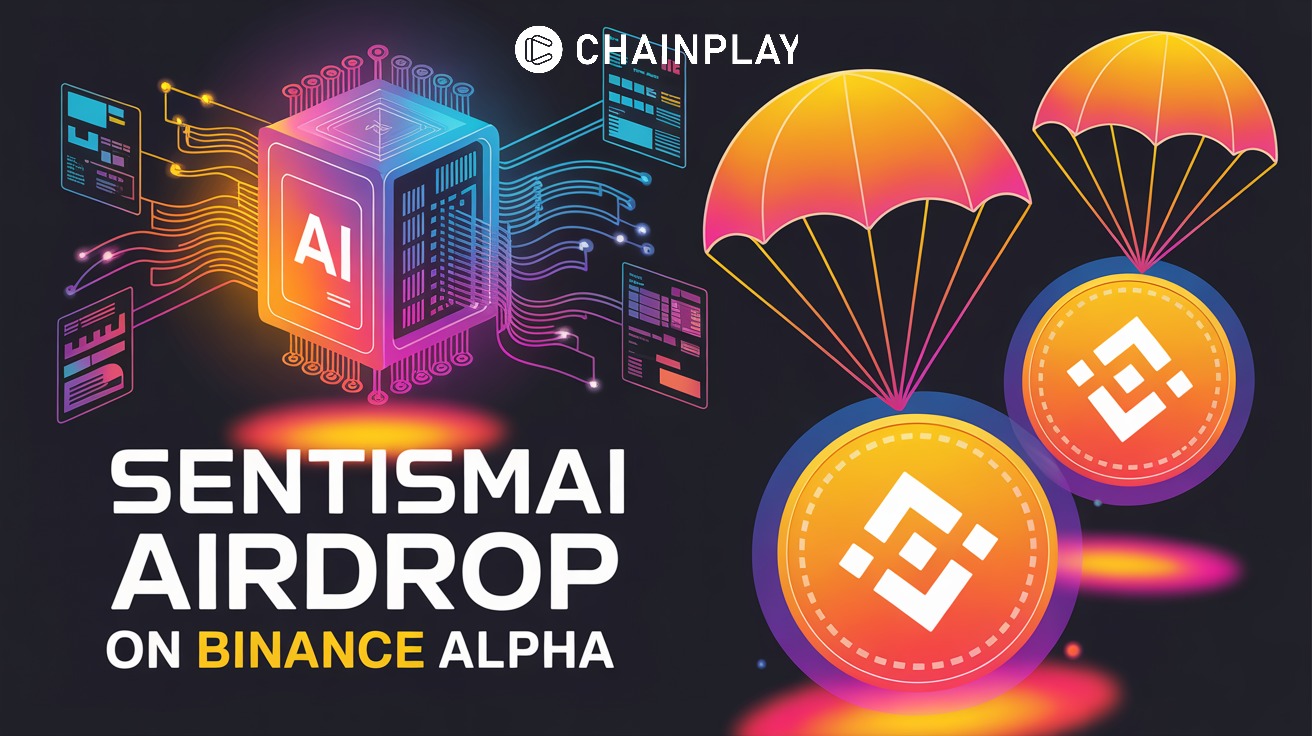
SentismAI (SENTIS) Will Be Available on Binance Alpha
an hour ago
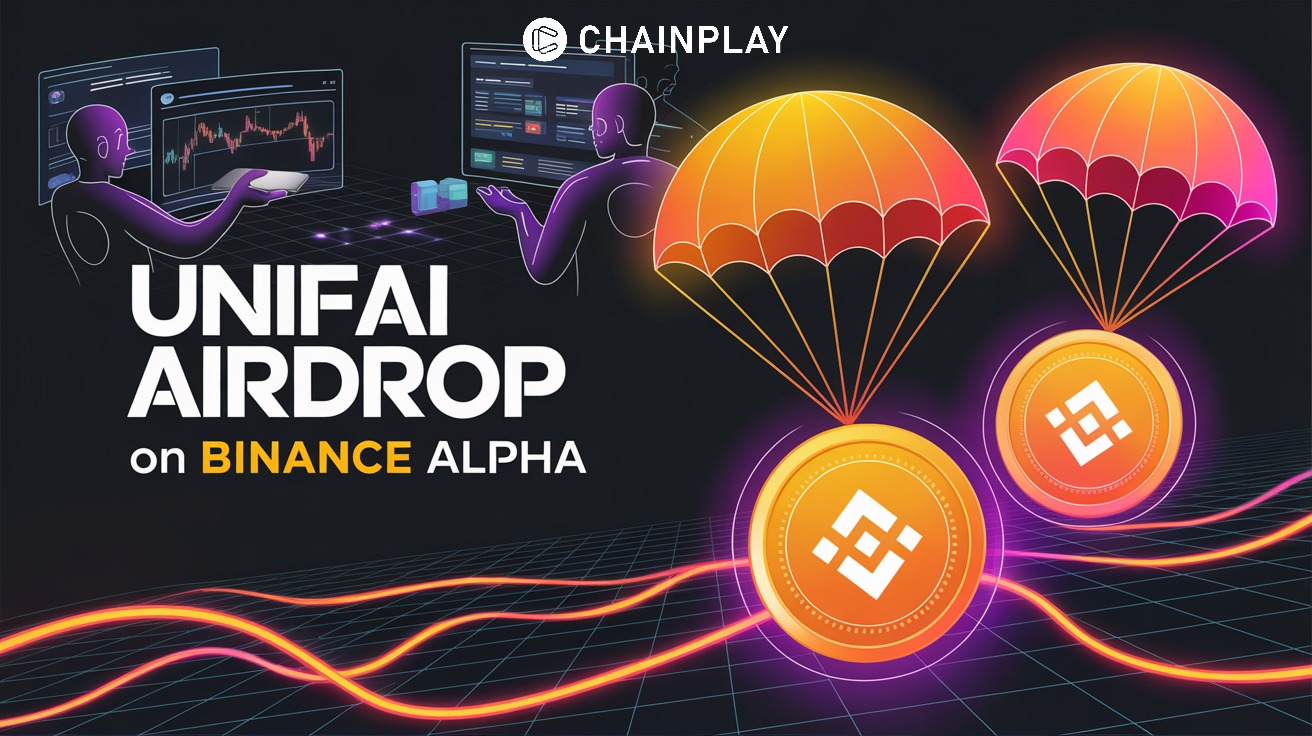
Binance Alpha Airdrop and Futures Launch for UnifAI
2 hours ago
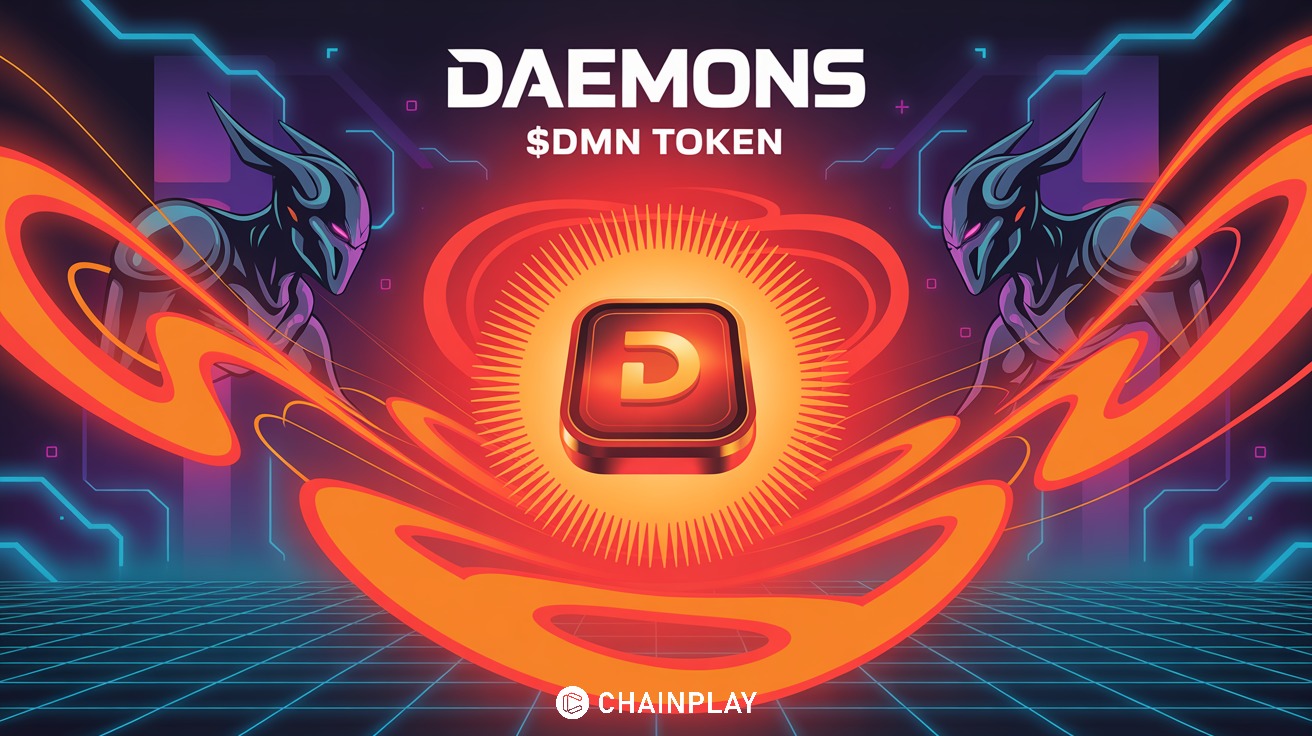
$DMN Token Launch: Dæmons Opens Staking on Nov 7, 2025
2 hours ago
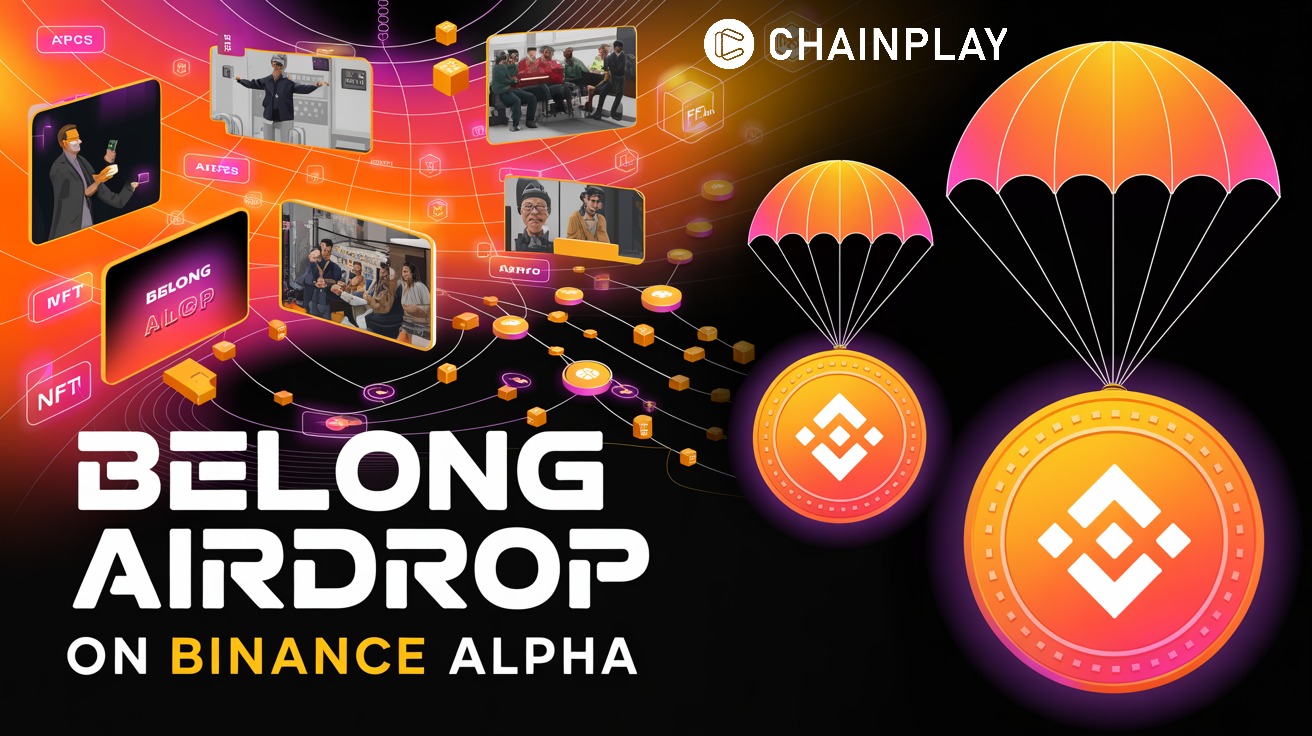
Belong (LONG) To Launch on Binance Alpha on November
4 hours ago
Related articles

Binance will launch UnifAI (UAI), a Web3 project powering the next wave of Agentic Intelligence in DeFi, on Alpha and Futures on November 6. Binance will host an exclusive $UAI airdrop for eligible traders holding Alpha Points to celebrate the launch.
ChainPlay
•
2 hours ago

Binance is set to launch SentismAI (SENTIS), a Web 3 project building the Foundation of on-chain intelligence, on November 5 on Alpha, featuring an airdrop for eligible traders who hold Alpha Points. The airdrop is on a first-come, first-served basis and will consume 15 Alpha Points.
ChainPlay
•
an hour ago

Binance Alpha has revealed the upcoming listing of Folks Finance (FOLKS), a leading multi-chain DeFi lending and borrowing protocol. The event includes an exclusive airdrop and futures launch set for November 6. Learn how to participate in the FOLKS airdrop and explore how the project operates.
ChainPlay
•
19 minutes ago



